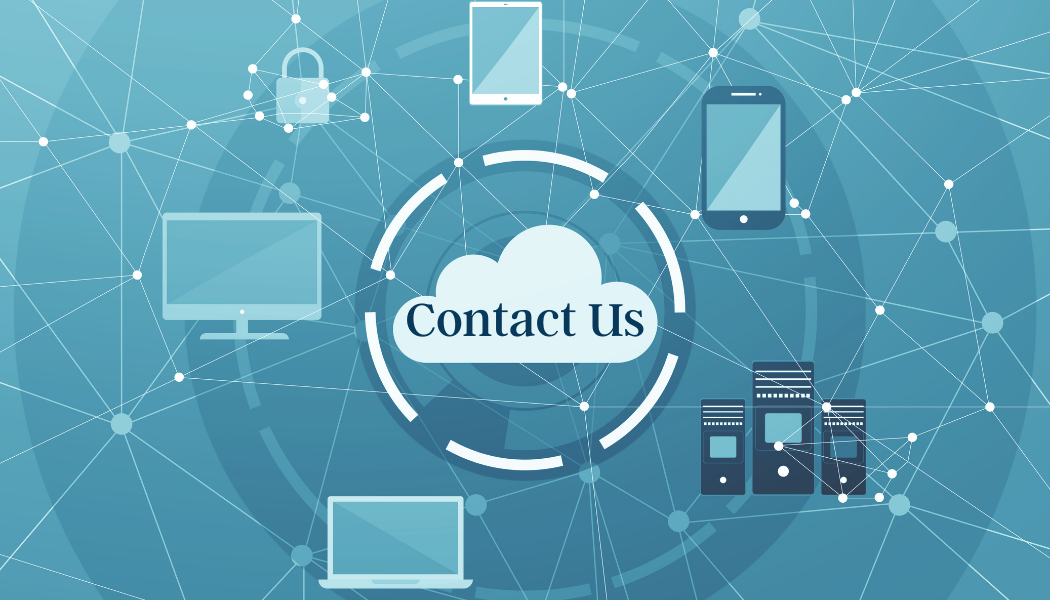
Cloud computing refers to the delivery of IT services over the internet, or “the cloud”. These services include databases, servers, networking, software, storage, analytics, and more. Cloud computing helps deliver faster, more flexible and innovative resources to your business wherever it is located in the world.
Cloud Computing for Your Business
There are many benefits of utilizing cloud computing. Read on for reasons your company should consider switching:
- Cost: With your IT services in the cloud, you will eliminate the expense of needing to buy hardware, such as servers. It also keeps your electricity bill down because the equipment required to run IT servers is located offsite.
- Speed: You can get your services up and running with a few clicks with no hardware or software requirements. This saves you time training your team to use new devices and equipment.
- Scalability: Cloud computing scales up as quickly as you need it to. If your company expands, the technology is right there with you, allowing you to customize your system as you grow.
- Performance: Cloud computing is built on data centers, which typically use the latest generation hardware and software. Your business benefits from up-to-date technology.
- Reliability: Data centers have reliable backup systems and disaster recovery plans in place and are located in multiple areas around the world. If one data center becomes unavailable, you’ll still be able to access your services via an alternate site.
- Security: Most cloud providers already have good security infrastructure in place to make sure your data and apps are as secure as possible. You can rest assured knowing that your data is protected from hackers, malware, and other cyber threats.

Types of Cloud Computing
There are different types of cloud computing, and each serve a different purpose. It’s important to invest in the service that’s the best fit for your company. Here are a few we recommend:
- Public Cloud: Clouds that are owned and managed by a third-party provider. Every software or service they deliver is done remotely.
- Private Cloud: Clouds that are used exclusively by a single company or organization. This cloud will be physically located within the company or organization’s data center. You can also pay a third-party to host your private cloud.
- Hybrid Cloud: Hybrids are a combination of public and private clouds. They are connected by technology that allows the data and services to be shared, allowing your company greater flexibility and service options.
How To Use Cloud Computing
There’s a good chance you’re already using cloud computing services right now without realising it. Netflix is a good example. The cloud has allowed Netflix to scale globally quickly and easily. Here are some uses you can take advantage of that can benefit your business:
- Cloud-Based Applications: Improve the efficiency of your business by using cloud–based services that can be used within your office or remotely by your employees.
- Data: Store, backup and recover your company data quickly and easily on any device.
- Stream: Serve your audio or video directly to your audience.
- On Demand: Deliver your software or service anytime to your customers.
- Analyze: Analyze your company data across your teams and locations.

The benefits of cloud computing are undeniable. It not only saves you time and energy, but the scalability and effectiveness makes it a valuable asset to any company. Contact the tech pros at EQ today for more information on how we can help scale up your operations.